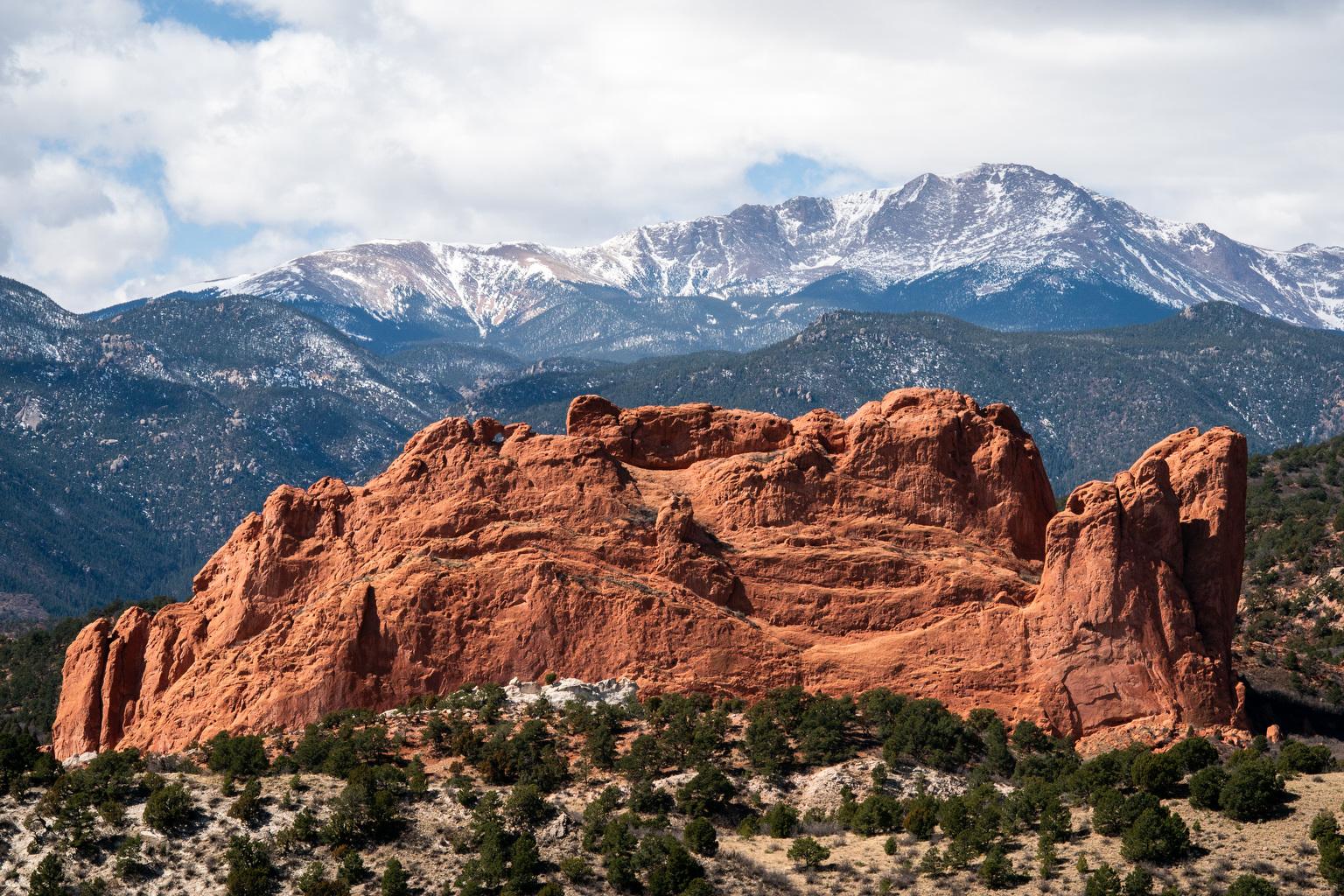
Italy has been a hot spot in the worldwide pandemic. One of the hardest hit cities is Bergamo, which happens to be a sister city to Pueblo, Colorado.
Camouflaged military trucks slowly rolled through the streets of Pueblo's sister city in Italy last month. COVID-19 was ravaging Bergamo. The convoy carried hundreds of bodies - taking them to crematoriums elsewhere - because the city's funeral homes could no longer keep up with the death toll from the virus.
"At the beginning, there was only a few cases of Coronavirus. And so we thought we could get through," Giuseppe Venuti of Lombardy's Rotary said. "But in a few days - just a few days - the virus was too aggressive." Venuti was born and raised in the historic city nestled in the foothills of northern Italy's Alps.
Located in the northern province of Lombardy, Bergamo is known for its cobblestone streets, historic landmarks and vibrant industry. But back in mid-February thousands of locals went to Milan to cheer their soccer team during a big game. The virus came back to their beautiful city with them - igniting what's been called a biological bomb - a threat that the city's massive stone walls built hundreds of years ago couldn't repel.
"Since the end of February the number of hospitalized and dead seems to point upwards and never stop," Venuti said. COVID-19 patients overwhelmed the local health care system.
"After a few days, we stopped hearing the ambulance sirens and hoped that it might be a good sign," he said, but "we dramatically realized that the virus had hit in a devastating way that it led to the collapse of our hospitals."
Weeks later medical rescue helicopters still fly overhead, transporting critically ill patients to the hospital. "We have lost a lot of friends. A lot of relatives," Venuti said.
The local clergy do the best they can to help those who have lost someone to the virus to say farewell to the ones they love.
"Still now the chaplain of Bergamo cemetery, the priest, places his own phone on the coffins of the dead and calls the families for last prayer together before cremation," Venuti said.
Early reports put the death toll at more than two thousand, but some recent estimates say that it's likely far more in this city of about 122,000.
Venuti said he's experienced COVID19 symptoms, "many of us have had symptoms...related to Coronavirus but we prefer to stay at home and to -- to leave place at the hospital for the ones who are [the] worst of us."
They especially mourn the loss of their elders. In this period we have lost a huge patrimony, grandparents have been the most affected segment and they are the ones teaching us values and generosity," he said "They taught us not to get down, never give up. Because we are from Bergamo, we are from Lombardy and we are strong. But the situation is too strong for us too and we are the most affected province in Italy and maybe in Europe."
Venuti said there's something else you should know about Bergamo. "We are also famous for voluntary service. There is no place in the world where Bergamo citizens have not been to soothe the sufferings of populations in difficulty. Now, we are the ones who need help. We are not used to asking for it, but this disease is too much even for us."
The city is still reeling, but Venuti says there are signs that the situation is changing and he hopes that they'll begin to see a way out of the crisis in the next month.
The Pueblo Rotary Club and Pueblo's Sister City Commission are raising funds to send to Bergamo so they can purchase medical supplies.
Venuti knows that Colorado is facing the virus too. So he reminds people to pay attention to the virus, wear masks and gloves when going outside and he sends "a big hug to all Colorado citizens."
Producer Shanna Lewis interviewed Giuseppe Venuti via email in mid-April and he recorded his answers to her questions.
More about what happened in Bergamo can be found in this story by the New York Times.








